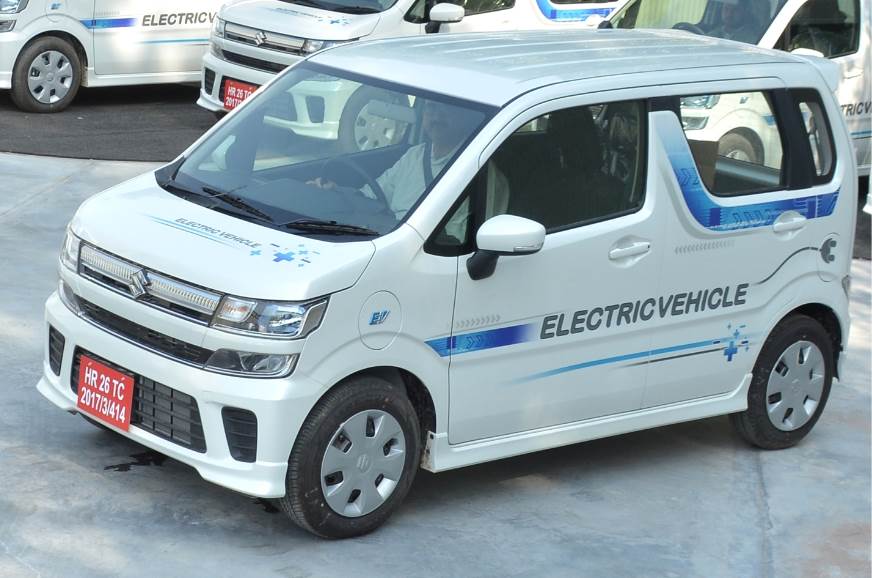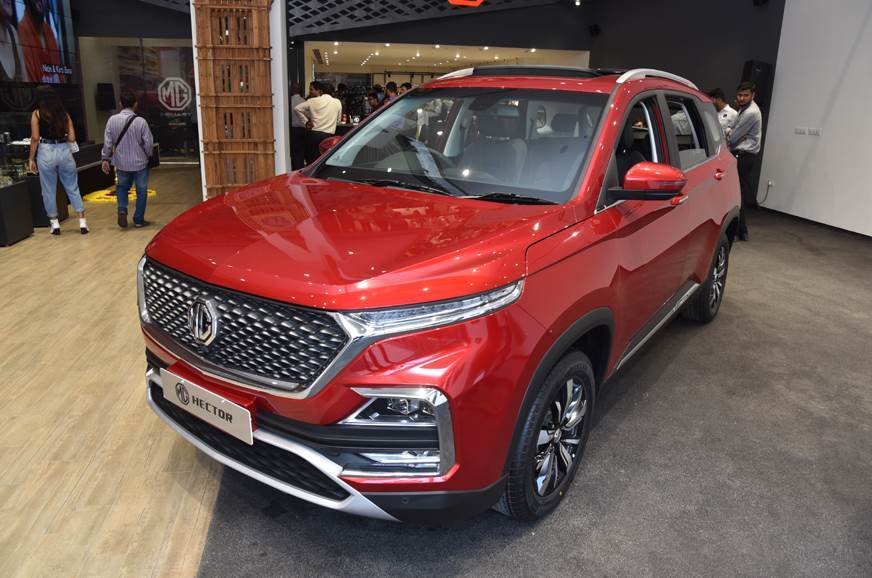
After aggressively pushing for electric vehicles, the government seems to have eased off the accelerator, giving India's automakers some room to breathe.
Road Transport and Highways Minister Nitin Gadkari even allayed auto Inc’s fears saying no deadline has been set for the switch to EVs and it will “happen in natural progression”. However, Maruti Suzuki and a few other automakers are going ahead with their plan to introduce EVs. Maruti, however, believes there is no need to be in the race to bring out the first EV, and rather, “the race is to be in the mindspace of the customer,” C V Raman, the company's Senior Executive Director - Engineering told Autocar India.
Raman confirmed that the carmaker will launch its first EV, possibly the Wagon R electric, by FY 2021. He also said that in the current scenario, the cost of an EV will be double that of an ICE engine vehicle. Therefore, he doesn’t see Maruti being a large volume player in the market, in which the carmaker accounts for every 1 in 2 cars sold. Moreover, the Wagon R EV is expected to be available for commercial use and not to private buyers.
Increasing awareness about electric mobility will be crucial in attracting first-time buyers in a market where EV adoption is still at an early stage. And that will only happen if the vehicles are affordable and charging infrastructure is easily available. Sure, in one way, prices will reduce is if battery costs come down, which will happen over time, but Raman said building scale will also help. “A lot of the components are still imported, so localisation is key to bring costs down,” he stated.
Maruti believes the push towards hybrids can further accelerate adoption of electric mobility as there are many common parts or common systems between EVs and hybrids. And this commonality can provide the requisite scale to bring costs down. “This has happened in many markets, and I don’t see anything different happening with India,” Raman said.
Suzuki’s tie-up with Toyota also includes sharing of hybrid technology. In fact, the two Japanese carmakers are looking to make a big push for hybrid electric vehicles with Toyota supplying its hybrid systems to Suzuki.
“We had the single battery system in the D13 diesel engine, now in the new K15B, we have the twin-battery system with a Li-on battery pack which improves the on-road performance of the vehicle, so the progress is going to be towards stronger hybrids going forward. One important aspect of that is that the new Toyota-Suzuki global alliance, which helps us to get Toyota technology on to our vehicle,” Raman said.
What should aid adoption of hybrids is the potential of the government reducing GST rates on hybrids, which currently attract the same tax as a conventional engine vehicle. At a recent industry event, Gadkari said just with EVs, the government will consider reducing GST on hybrids.
Interestingly, while both Suzuki and Toyota believe hybrids are an important stepping stone to electrics, homegrown carmakers Tata Motors and Mahindra believe a two-step process (via hybrids) is not required.
Click here for Maruti Suzuki models, prices, reviews, images, videos and more details
from Autocar India https://ift.tt/34kXfzE
via IFTTT

No comments:
Post a Comment